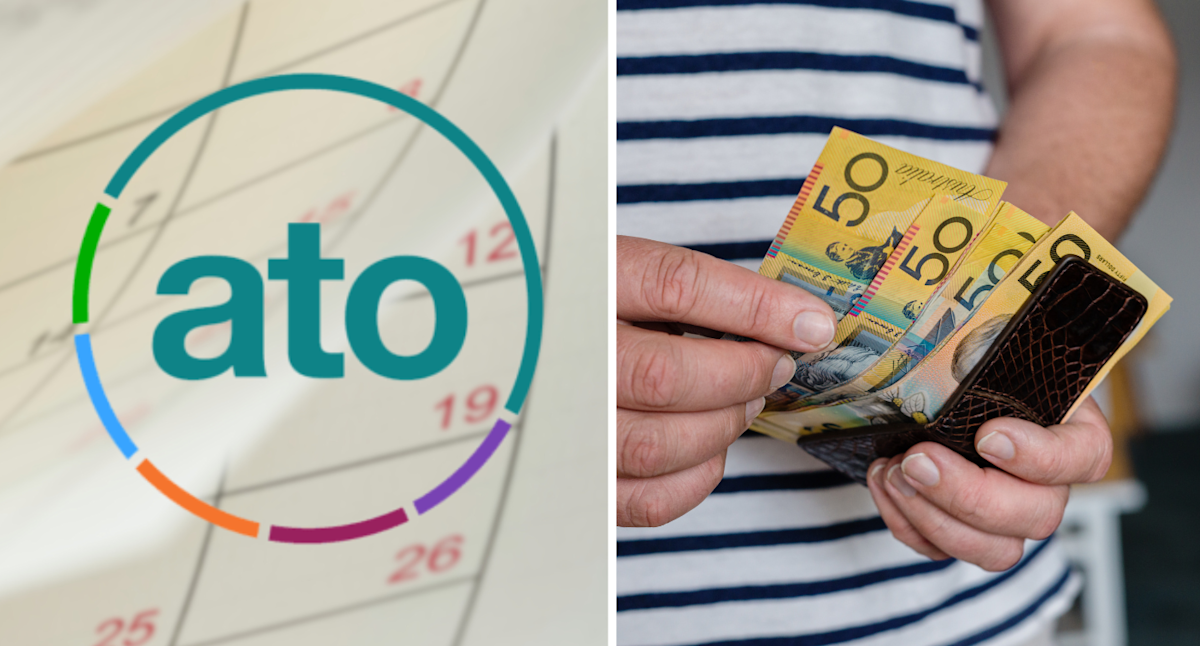Employers have been warned they have to pay employee superannuation contributions by July 28. (Source: Getty)
Australian business owners have been warned they have until today to make sure their staff have been paid their superannuation contributions. These mandatory employer payments, called the superannuation guarantee (SG), have to be sent out to all staff every quarter.
July 28 marks the date for when payments for April 1 and June 30 are due. But the Australian Taxation Office (ATO) has reminded employers of the major change that could apply to payments.
“The SG rate increased from 11.5 per cent to 12 per cent on 1 July,” it said recently.
“For the quarter ending 30 June, apply the 11.5 per cent SG rate for payments made before 1 July.
“Apply the 12 per cent rate for all salary and wages paid for eligible workers on and after 1 July.
“This is even if some or all of the pay period it relates to is before 1 July.”
The increase from 11.5 per cent to 12 per cent was the final legislated SG increase after going up by 0.5 per cent increments since 2021.
Do you have a story? Email stew.perrie@yahooinc.com
The ATO said these SG payments have to be paid out in full by July 28, or serious penalties could apply.
Core Business Accountants said the ATO used to have lenience when it came to late SG payments, but the tax office is now “unforgiving for employers who fall behind”.
The ATO added that the super contributions were only considered “paid” when they reached an employee’s super fund and with the full amount.
Employers who miss the deadline are encouraged to lodge a super guarantee charge (SGC) statement to avoid incurring these penalties.
Penalties for missing this deadline or failing to lodge a SGC include:
Being liable for a penalty equal to or up to 200 per cent of the unpaid amount
Being hit with a general interest charge (GIC) and administration fees
The ATO could issue a director penalty notice, which allows the tax office to collect the penalty by other means, like withholding a tax refund
The penalty can be reduced if the outstanding amount is paid, or if the company goes into voluntary administration or liquidation.
At the moment, these SG payments have to be sent out every three months.
However, from July 1 next year, it will be every time a worker receives their pay.
Payday super was first announced back in 2023 and it’s meant to crack down on unpaid super.
Story Continues
The ATO estimated that $5.2 billion failed to be transferred properly to workers in 2021-22.
The ATO can dish out serious penalties if you miss the SG payment deadline. (Source: Getty) · The AGE via Getty Images
Government modelling found a 25-year-old whose super was switched from quarterly to fortnightly payments could be $6,000 better off at retirement.
While it’s set to be a big win for workers, some employers are getting worried about the upcoming change.
Employment Hero, who operates payroll for more than 300,000 businesses, recently found 65 per cent of small and medium businesses felt payday super would have a “moderate” to “huge impact” on the day-to-day running of their businesses.
About a third said they would have to build up larger cash reserves to prepare for the change, while 15 per cent were not aware of the changes at all.
It also found businesses would need an extra $124,000 in working capital on average to meet the new rules.
As part of the payday super change, employers will have a seven-calendar-day deadline from the payment of wages to pay employees’ superannuation.
Get the latest Yahoo Finance news – follow us on Facebook, LinkedIn and Instagram.

